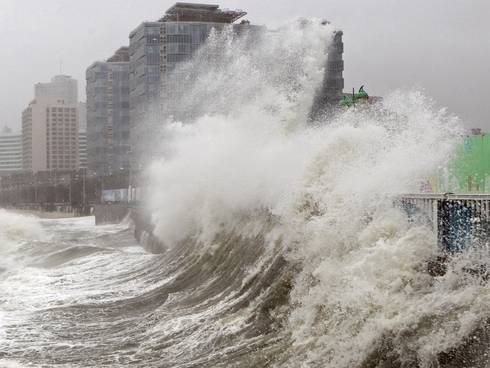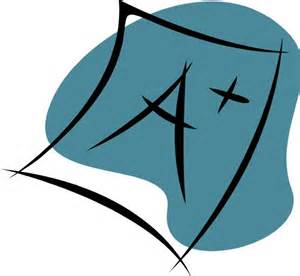Zenzen Daijobu?!
(Typhoon)
- A: “Konomae-no Taifu Daijobu deshitaka.” (= Did you survive the typhoon the other day?) B: “Zenzen Daijobu deshitayo!” (= We were totally fine.)
- A: “Yoko-san-no Repoto-wa Dodeshitaka.” (= How did you like Yoko’s report?”) B: “Zenzen Yokatta desuyo.” (= It was very good.)
(Nothing else would make you happy?!)
Let’s take a close look at those two – “Zenzen Daijobu” and “Zenzen Yokatta.” The golden rule about an adverb – “Zenzen” – is that “Zenzen” has to be used with negative words like “-nai.”
<Example> “Tsukaremashitaka.” (= Are you tired?) “Iie, zenzen tsukareteimasen.” (= No, not at all.)
“Konpuutaa-wa Naorimashitaka.) (= Did they fix your computer?) “Zenzen Damedesu.” (= No, it didn’t work.) * ‘dame’ means ‘no good.’
Unfortunately, Japanese youngsters tend to make mistakes of this kind very often – “Zenzen Daijobu” or “Zenzen Yokatta.” Each should be like “Mattaku Daijobu” or “Nakanaka Yokatta.”
USE “ZENZEN” WITH NEGATIVE ENDING!
Little differences can turn out to be huge differences!
Learn from the best of the best!
Special Trial Lesson $19.99 <– Click here!
This Offer expires on Christmas Day!
(New Look of https://JapaneseExperts.net is coming!!)
Hurry and Grab it!





